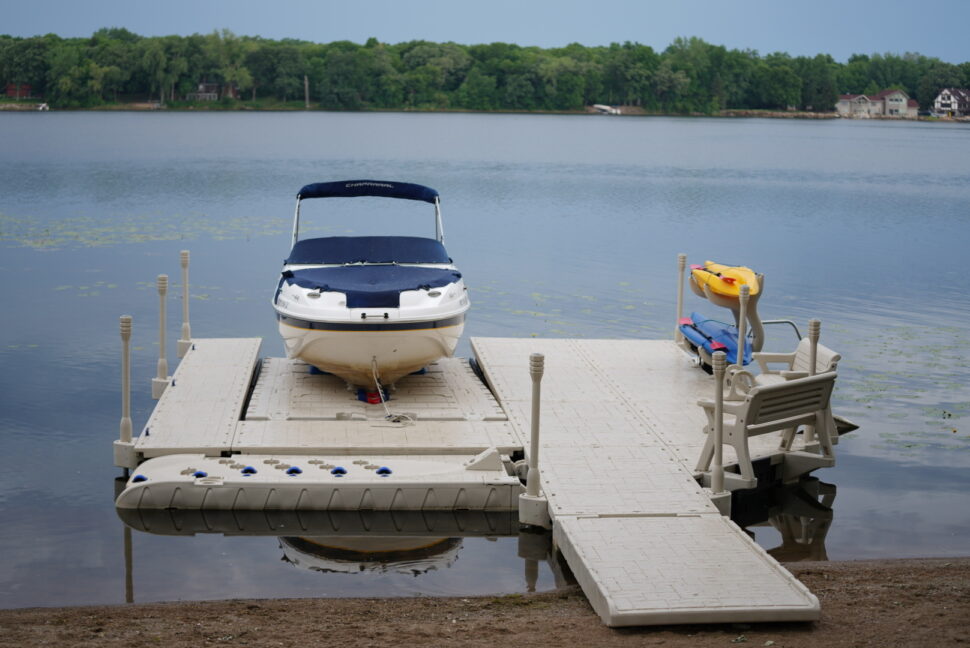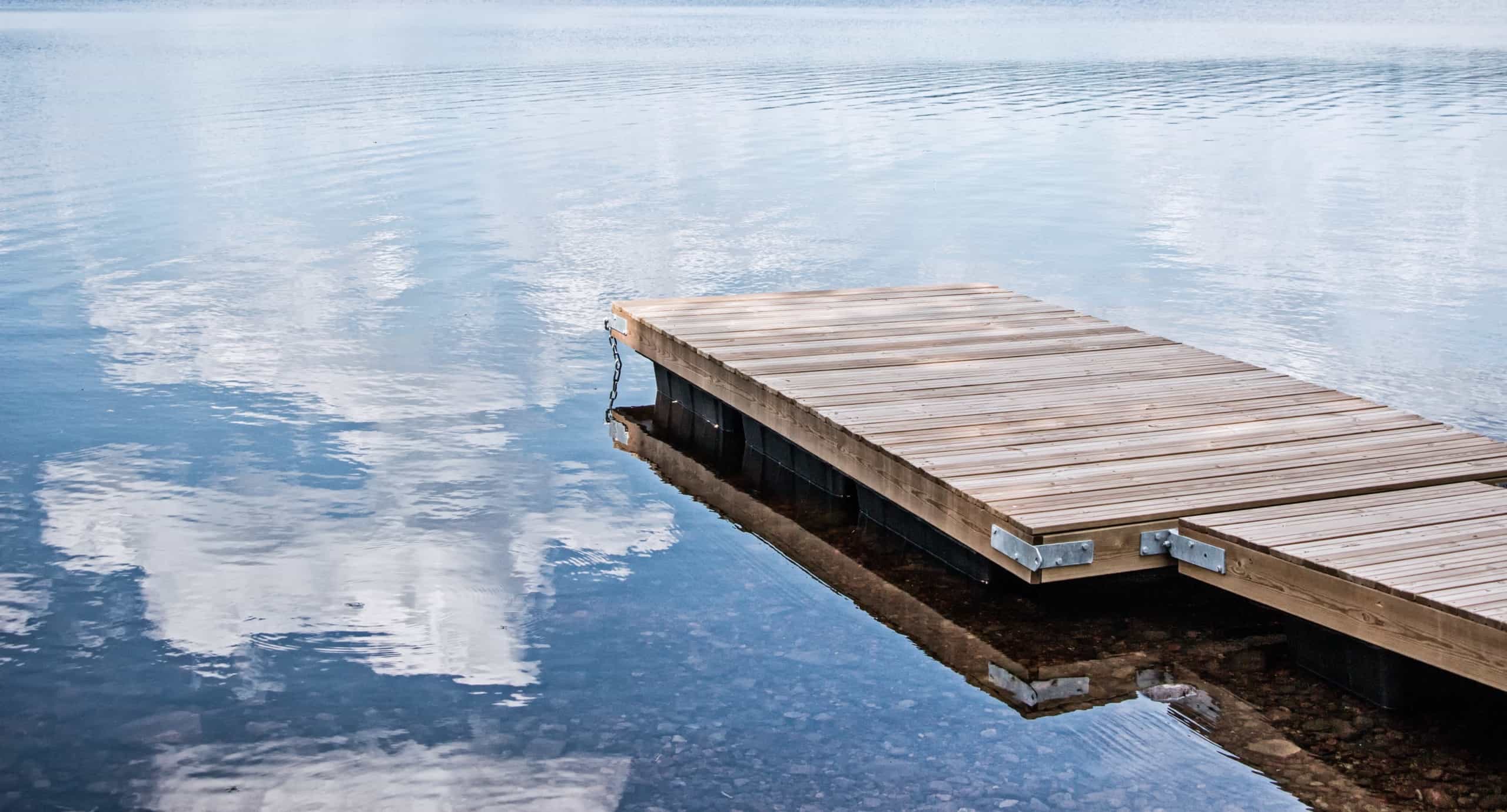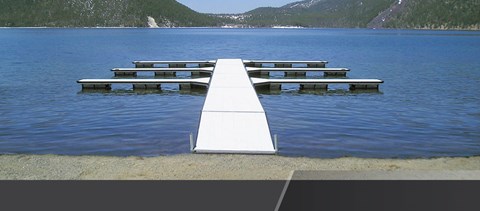The Relevance of High Quality in Floating Dock Builder Option for Resilient Docks
The Relevance of High Quality in Floating Dock Builder Option for Resilient Docks
Blog Article
The Ultimate Guide to Picking the Ideal Floating Docks
Selecting the suitable floating dock calls for a comprehensive understanding of different aspects that affect both performance and longevity. Elements such as dock kinds, products, and crucial features considerably influence your decision-making process.
Understanding Floating Dock Types
When selecting a floating dock, it is necessary to recognize the various types available, as each serves distinct purposes and applications. Floating docks primarily fall into three categories: modular, stationary, and pontoon docks.
Modular docks are made up of specific areas that can be easily assembled or reconfigured, making them perfect for transforming water degrees and varied usages, such as leisure activities or industrial operations. Their adaptability permits personalization based upon particular needs.

Pontoon docks are defined by their resilient structure, commonly composed of several pontoons that provide security and support. They are especially fit for larger vessels and are frequently used in marinas or for waterfront residential properties. Understanding these types help in choosing the most ideal floating dock to meet certain demands, making certain optimum capability and security.
Key Materials for Sturdiness
Choosing the best products for floating docks considerably effects their sturdiness and longevity. The most typical products include timber, plastic, metal, and composite materials, each offering distinct benefits and restrictions.
Timber, frequently favored for its aesthetic charm, needs routine upkeep to stand up to wetness and degeneration. Pressure-treated lumber can boost resistance to rot, yet it might still be at risk to pests and weathering.

Plastic docks, constructed from high-density polyethylene (HDPE), are immune to corrosion, UV radiation, and influence, making them a prominent choice for seaside atmospheres. Their lightweight nature additionally assists in easy installment and relocation.
Steel docks, generally constructed from light weight aluminum or galvanized steel, provide phenomenal stamina and resilience. They are immune to corrosion, specifically when treated, yet may call for extra insulation to prevent warm buildup in hot environments.
Composite materials, integrating timber fibers and plastics, supply the advantages of both timber and plastic, withstanding wetness and fading while requiring marginal maintenance. - floating docks
Inevitably, the selection of materials should line up with ecological conditions, meant usage, and upkeep preferences to make sure the floating dock stays useful and aesthetically pleasing gradually.
Essential Functions to Take Into Consideration
While the choice of materials is vital, taking into consideration vital attributes for floating docks is equally essential to make sure optimum efficiency and customer fulfillment. One crucial attribute to assess is the dock's buoyancy capacity, which identifies just how much weight it can sustain without immersing. floating docks. This is crucial for fitting watercrafts, individual boat, and also leisure tasks
Furthermore, transportability is a significant consideration. Depending on your needs, you may desire a dock that is very easy to dismantle and transport, especially if you plan to relocate it seasonally. Stability is an additional essential attribute; a properly designed floating dock needs to lessen motion brought go to this site on by hop over to these guys wind and water currents, offering a secure system for individuals.
Safety functions, such as non-slip surface areas and rounded edges, are additionally crucial to avoid crashes, especially in damp conditions. Moreover, consider the accessibility of devices, such as cleats, ladders, and bumpers, which can enhance the performance of your dock.
Installment and Maintenance Tips
Establishing and keeping a floating dock calls for careful preparation and interest to information to guarantee its longevity and optimum performance. Begin by picking a suitable area that lessens exposure to solid currents and waves, which can cause damage. Make sure that the water depth is adequate for the dock's height and that it is anchored firmly to avoid activity.
During setup, follow the maker's standards closely, as incorrect setting up can jeopardize security. Use high-grade materials immune to deterioration, such as aluminum or treated timber, to enhance toughness. Frequently evaluate all components, including drifts, adapters, and anchoring systems, for signs of damage or wear.
If your dock utilizes flotation devices, ensure they remain undamaged and cost-free from leaks. By adhering to these installation and upkeep pointers, you can take pleasure in a reputable and functional floating dock for years to come.
Budgeting for Your Dock
Budgeting for your dock is a vital step that can significantly influence your total contentment and investment in a waterfront home. Establishing a clear budget aids you browse the various alternatives offered and ensures you make educated decisions that align with your economic capacities.
Begin by figuring out the size and layout of the dock you need, as these variables will considerably influence the price. Floating docks can vary substantially in cost, depending upon products, buoyancy, and attributes like devices and ramps. Research study various producers and suppliers to contrast prices and recognize the market value.
In enhancement to initial costs, consider continuous costs such as maintenance, insurance coverage, and prospective repair services. Allocate funds for these reoccuring costs to prevent shocks down the line. It's also prudent to allocate any type of necessary licenses or examinations, which may be needed by best site neighborhood policies.
Finally, remember the potential return on investment. A tactical dock can boost your building's value and charm, giving a positive financial effect in the lengthy term. By budgeting properly, you can ensure that your dock satisfies your requirements without endangering your economic stability.
Conclusion
In conclusion, choosing the optimal floating dock requires an extensive evaluation of various variables, including dock types, materials, important attributes, and setup procedures. Cautious factor to consider of budgetary constraints will certainly even more make certain an audio investment.

While the option of products is crucial, thinking about necessary attributes for floating docks is just as important to guarantee ideal efficiency and customer contentment.Establishing up and maintaining a drifting dock requires careful planning and attention to information to guarantee its long life and optimal performance. Floating docks can vary significantly in price, depending on materials, buoyancy, and features like ramps and accessories.In conclusion, selecting the perfect floating dock necessitates an extensive assessment of different elements, including dock kinds, products, crucial features, and installation procedures.
Report this page